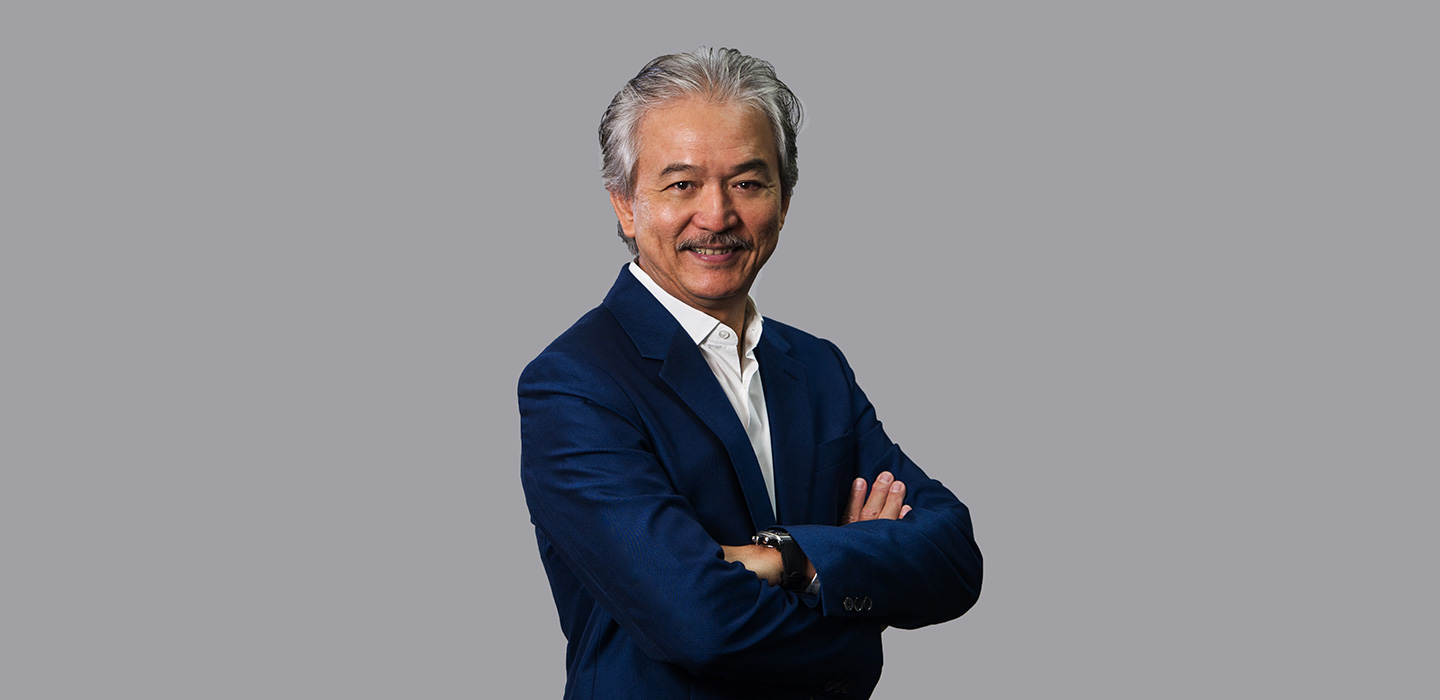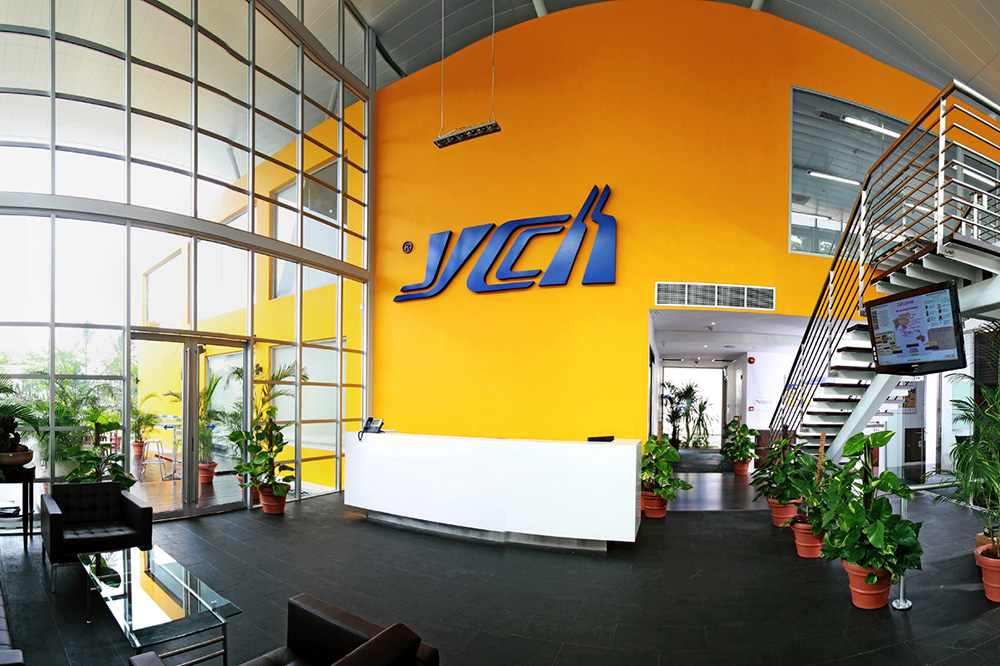Executive Chairman of YCH Group and alumnus Robert Yap says his years at Business School played a significant role in shaping his imagination, creativity and overall character.
When he graduated in 1976, his family’s business in passenger transportation had lost 90 per cent of its business. He had only just graduated but faced the daunting task of looking for ways to keep the firm alive.
He spent countless hours exploring opportunities.
And there it was: With the rise of Singapore as one of the world’s busiest container ports, cargo transportation presented itself as a synergistic alternative that his family business could venture into.
It was a confluence of ability, motivation and opportunity. The same applies today, he says: To be successful in management or business, you need to be at the right place at the right time with the right skills and the right mindset.
Ability
Education provides the opportunity to learn, connect and prepare – to take on the challenging business environment, whether you are an employee or striking out on your own. Education can be formal or informal. Not all leaders are formally educated.
I was fortunate to have had the opportunity to receive tertiary education. In the early years, less than 5 percent of each cohort made it to university. This small size at varsity allowed us to form a close-knit community where students learnt a fair bit through frequent interaction with faculty, like-minded students and pioneers in the corporate world. Such interaction equipped us with the rudimentary understanding of the nuances of doing business.
During those crisis years, I relied on the management lessons and strategic out-of-the-box thinking skills I had developed at Business School which enabled me to recognise opportunities where others saw crisis – that became critical in salvaging the business. The rest, they say, is history.
Motivation
While the jury is still out on whether great leaders are born or made, I believe a common thread among leaders is that they are driven. As Jack Welch, the legendary CEO of General Electric, puts it, “Good business leaders create a vision, articulate the vision, passionately own the vision, and relentlessly drive it to completion”.
Leaders drive change, not follow change. Such drive often means sacrificing short-term goals for long-term gains. The Chinese saying 先 苦 后 甜 (first bitter then sweet) calls for a disciplined drive with a singular focus to forego short-term gains for long-term goals. Leaders who hold true to the maxim do not give up. They persevere. They do not say “die”.
Growing up, my father taught me that when you give a handshake, you are giving a promise, a promise that must be held to the end. That has been the mantra that has motivated me, as a leader, to demonstrate to my staff that when a commitment is given, it must be delivered at whatever cost.
Opportunity
Some individuals may not realise their leadership potential. Education plays an important role in empowering individuals to be the leaders and movers that they can be. In my company, our Corporate Social Responsibility philosophy is “Teach a Man to Fish”. Employees are nurtured and encouraged to keep on improving.
Similarly, schools, including universities, should provide the environment that enable the maturing of to such leadership qualities. For starters, individuals should be allowed to make mistakes. Making mistakes, learning from them and applying what has been learnt builds leadership.
Despite being such a small place, Singapore has produced exceptional business leaders in the last 50 years. Peter Seah, Hsieh Fu Hua and Janet Ang are fine examples of our business graduates from the NUS Business School. As future leaders, our graduates should hold the torch to lead Asian businesses in countries such as China, India, Indonesia and Korea.
Interested in our NUS BBA programme? Click here.




